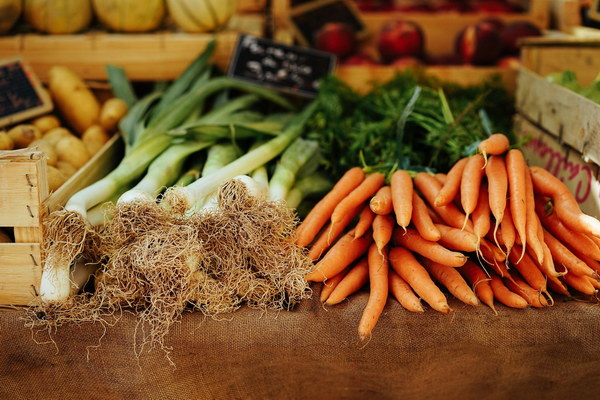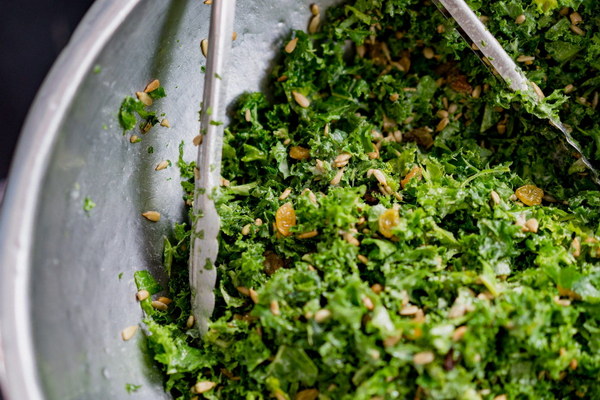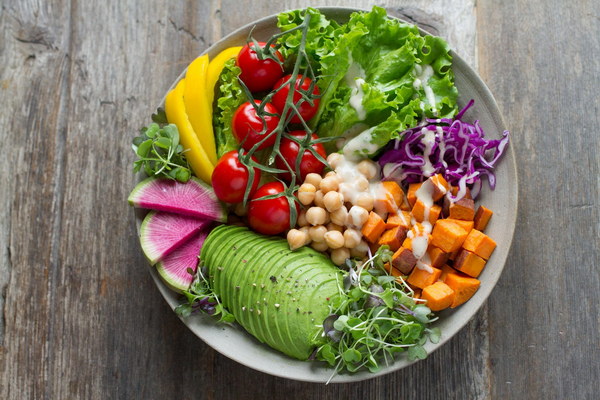Nourishing Your Way to Health A Comprehensive Guide to Breast Fibroma Diet Therapy
Breast fibroma, a common benign tumor of the breast, can be a source of concern for many women. While medical treatment is often the go-to solution, natural therapies such as diet therapy can also play a significant role in managing this condition. This article aims to provide a comprehensive guide to breast fibroma diet therapy, highlighting the importance of nutrition in promoting overall health and reducing the risk of fibroma recurrence.
Understanding Breast Fibroma
Breast fibroma is a non-cancerous tumor that develops from the connective tissue of the breast. It is most commonly found in women between the ages of 20 and 40. While the exact cause of breast fibroma is unknown, hormonal changes, genetics, and lifestyle factors such as alcohol consumption and caffeine intake are believed to contribute to its development.
The Role of Diet in Breast Fibroma Management
Diet therapy for breast fibroma focuses on providing the body with essential nutrients that can help reduce inflammation, regulate hormonal imbalances, and support overall breast health. Here are some key dietary recommendations:
1. High-Fiber Diet
A high-fiber diet is crucial for breast fibroma management. Foods rich in fiber can help lower estrogen levels, which are believed to play a role in the development of fibromas. Good sources of fiber include:
- Whole grains (oats, barley, quinoa)
- Legumes (lentils, chickpeas, beans)
- Fruits and vegetables (berries, apples, broccoli, spinach)
- Nuts and seeds (almonds, chia seeds, flaxseeds)
2. Anti-Inflammatory Foods
Inflammation is a common factor in breast fibroma development. Incorporating anti-inflammatory foods into your diet can help reduce inflammation and alleviate symptoms. Some anti-inflammatory foods include:
- Fatty fish (salmon, mackerel, sardines)
- Olive oil
- Leafy greens (spinach, kale, collard greens)
- Berries (blueberries, strawberries, raspberries)
- Nuts (almonds, walnuts)
3. Hormone-Balancing Foods
Balancing hormones is essential for managing breast fibroma. Foods rich in phytoestrogens, plant compounds that mimic the effects of estrogen, can help regulate hormonal imbalances. Some hormone-balancing foods include:
- Flaxseeds
- Soy products (tofu, tempeh, edamame)
- Fruits (apples, pears, peaches)
- Vegetables (carrots, beets, sweet potatoes)
4. Hydration and Detoxification
Staying hydrated and supporting detoxification processes can also benefit breast fibroma management. Drinking plenty of water and consuming foods high in antioxidants can help eliminate toxins from the body. Some detoxification-friendly foods include:
- Green tea
- Leafy greens (spinach, kale, Swiss chard)
- Berries (blueberries, strawberries, raspberries)
- Cruciferous vegetables (broccoli, cauliflower, Brussels sprouts)
5. Avoiding Harmful Foods

Certain foods may exacerbate breast fibroma symptoms. It is important to avoid or limit intake of:
- Refined sugars and processed foods
- Trans fats (found in fried and baked goods)
- Dairy products (milk, cheese, yogurt)
- Alcohol
Conclusion
Incorporating a well-balanced diet that focuses on high-fiber, anti-inflammatory, hormone-balancing, and detoxification foods can significantly benefit women with breast fibroma. However, it is crucial to consult with a healthcare professional before making any significant changes to your diet. With the right nutrition and lifestyle choices, you can support your body's natural healing processes and improve your overall health.
Remember, diet therapy is just one aspect of managing breast fibroma. Regular medical check-ups and adherence to any prescribed treatments are also essential for maintaining breast health. By combining a healthy diet with other lifestyle modifications, you can take a proactive approach to managing your condition and enjoying a better quality of life.









